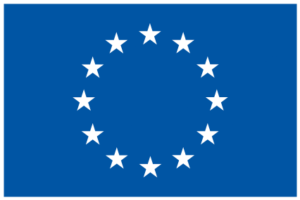Advancing Biomethane: Current State and Future Prospects in Europe
A Comprehensive Analysis of Biomethane Regulation, Production, and Technological Innovations
Introduction
The previous blog Breaking Barriers for the Future of Biomethane was about the annual analysis of the legal framework for biomethane in Europe. This latest joint report State of play of biogas & biomethane in Europe, led by HYFUELUP in collaboration with BIOMETHAVERSE, METHAREN and SEMPRE-BIO’s team, addresses the topics detailed below.
This report updates biomethane regulation and sustainability data, starting with its role as a cornerstone of Europe’s energy transition. Updated National Energy and Climate Plans (NECPs) from EU Member States project biogas and biomethane production reaching 30-32 billion cubic meters (bcm) by 2030. Yet, this falls short of the 35 bcm REPowerEU target. A critical hurdle is the lack of regulatory harmonization across countries. By analyzing the 12 EU nations with specific biomethane targets in their NECPs, this report seeks to align policies, drive investment and dismantle sector barriers.
Latest measures to promote biomethane production in the EU
In 2023, only four countries submitted their national energy planning updates on time. This highlights the lack of priority given by various national governments, despite the European Commission’s push for Member States to ramp up efforts to meet climate goals. This report scrutinizes new national biomethane targets against the ones identified in prior studies, spotlighting gaps between ambitions and achievable outputs and underscoring the urgency for stronger policies to scale production.
Regulatory and Market Gaps with Country-Specific Recommendations
Each EU country faces distinct regulatory and market challenges. This report provides individual analyses for Belgium, Denmark, France, Germany, Italy and Spain, detailing their strategies, policy gaps and recommendations. For instance, Denmark has made significant progress in injecting biomethane into the grid, while other countries lag due to legal obstacles. In Spain, regional strategies are being developed to promote biomethane production, such as the Catalan Biogas Strategy 2024-2030, which sets ambitious targets for biogas generation and supports the construction of new plants. Additionally, the report proposes policy recommendations to overcome these barriers, such as setting higher biomethane targets, streamlining administrative procedures or harmonizing rules for Guarantees of Origin (GOs).
Regarding this last topic, the report delves into the need for harmonized systems for biomethane certification, including Proof of Sustainability (PoS) and Guarantees of Origin (GOs), which are crucial for ensuring the traceability and marketability of biomethane across Europe. It discusses the challenges in cross-border biomethane trade, such as the lack of harmonization in GO registries and the need for clearer statistics and regulatory stability. Additionally, the report highlights the importance of capturing and utilizing biogenic CO₂ as part of the broader decarbonization strategy.
Innovative Biomethane Technologies
Finally, the document also examines in detail emerging technologies in biomethane production, including gasification and methanation, and their potential to diversify the sources of production for this key solution to Europe’s energy independence. It suggests that while anaerobic digestion remains the predominant technology in biomethane production, gasification is expected to play a more significant role in the coming decades. According to Matteo Gilardi partner of the project, gasification is projected to account for between 9% and 30% of biomethane production by 2040, indicating a diversification in the technologies used. This shift highlights the growing importance of innovative approaches to enhance Europe’s energy resilience and reduce reliance on fossil fuels.
To bring it all together
The document concludes that biomethane is a key solution for the decarbonization of the EU, but it emphasizes the need for more coherent regulation, stable financial incentives, and cross-border collaboration strategies to meet the EU’s biomethane targets. Additionally, social acceptance and sustainability in the implementation of these technologies are of great importance, which is identified as an interesting area of study for the proper development and implementation of the strategies needed to achieve the set biomethane production goals.
If you would like to explore the details of this latest report in greater depth, you can access it directly through this link. Additionally, you have the option to watch the recording of the presentation webinar, which took place on February 26th.
Author: Oria Pardo
Editorial: Lucía Salinas and Laia Mencia
Date: March, 2025


This project has received funding from the European Union’s HORIZON-CL5-2021-D3-03-16 program under grant agreement No 101084297. Views and opinions expressed are however those of the author(s) only and do not necessarily reflect those of the European Union or the European Commission. Neither the European Union nor the granting authority can be held responsible for them.

